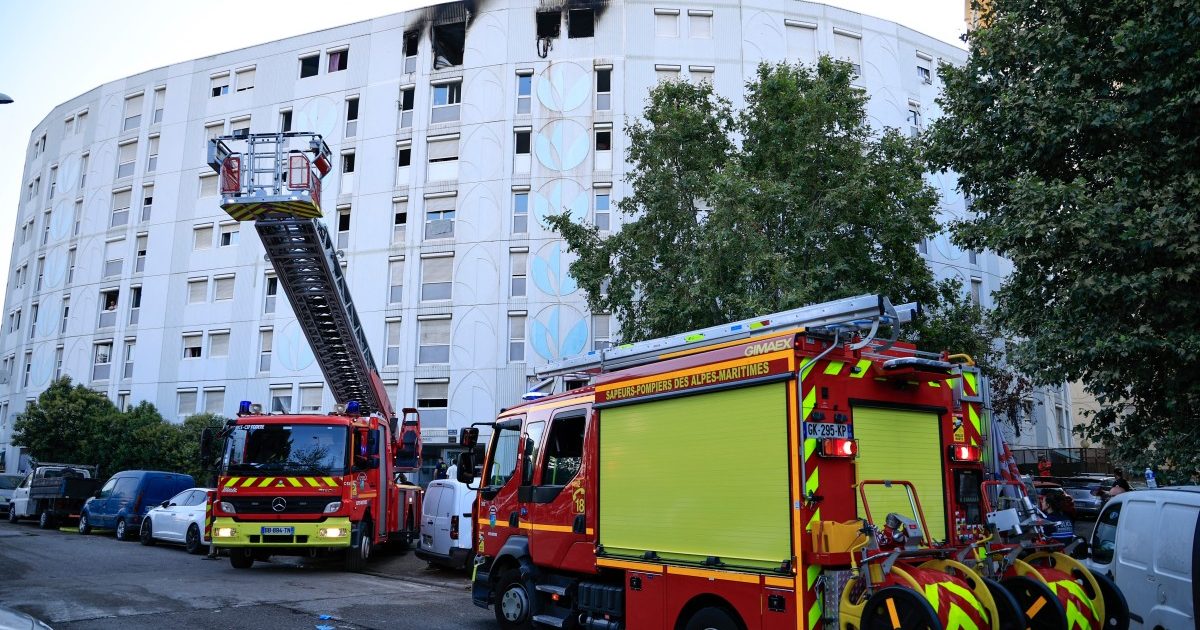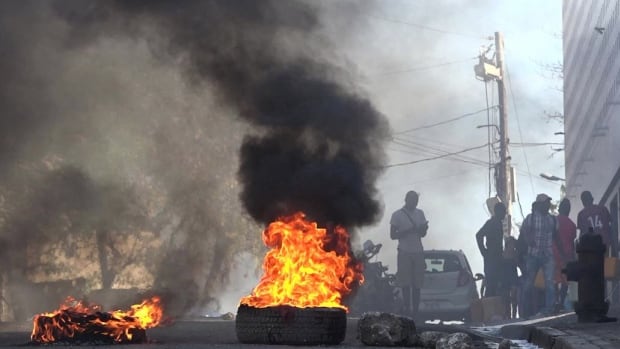Israel on Sunday allowed around 200 aid trucks to begin moving into Gaza through Kerem Shalom at the southeastern edge of the Palestinian enclave, bypassing the nearby Rafah crossing that has been blocked for weeks.
The aid shipments follow an agreement between U.S. President Joe Biden and Egyptian President Abdel Fattah al-Sisi on Friday to temporarily send aid via the crossing.
Khaled Zayed, an official from the Egyptian Red Crescent, confirmed to Reuters that the convoy would enter the Palestinian territory on Sunday.
Egypt’s state-affiliated Al Qahera News TV shared a video on social media platform X, showing what it said were aid trucks as they entered Kerem Shalom, which before the current conflict was the main commercial crossing station between Israel, Egypt and Gaza.
“It’s a very small drop in the ocean but hopefully it’s a start,” Aurélie Godard, Doctors Without Borders’s medical team leader in Gaza, told CBC News. She said it’ll be difficult to decide how to distribute the aid amid a three-week backlog, which could see people scrambling for supplies.
Israel is under growing pressure to get more aid into Gaza after more than seven months of a war that has caused widespread destruction and hunger in the enclave.
The Rafah crossing, which during the war has been the main entry point into Gaza for humanitarian aid and commercial supplies, has been shut for almost three weeks, since Israel took control of the Palestinian side of the crossing as it stepped up its military offensive in the area on May 6.
Israel denies restricting aid flows
Egypt has been increasingly alarmed at the prospect of large numbers of Palestinian refugees entering its territory from Gaza and has refused to open its side of the Rafah crossing.
Israel has said it is not restricting aid flows and has opened up new crossing points in the north as well as co-operating with the United States, which built a temporary floating pier off the central coast of Gaza to help speed up distribution of supplies.
Israel has, meanwhile, kept up operations in Rafah despite an order on Friday by the top United Nations court, the International Court of Justice, to stop attacking the city.
On Sunday, Israeli strikes killed at least five Palestinians in Rafah, according to local medical services. Israeli tanks have probed around the edges of the city, close to the main southern crossing point into Egypt, but have not yet entered the city in force.
Israel says it wants to root out Hamas fighters holed up in Rafah and rescue hostages it says are being held in the area, but its assault has worsened the plight of civilians and caused an international outcry.
Nearly 36,000 Palestinians have been killed in Israel’s offensive, Gaza’s Health Ministry says. Israel launched the operation after Hamas-led militants attacked southern Israeli communities on Oct. 7, killing around 1,200 people and seizing more than 250 hostages, according to Israeli tallies.
Rocket barrage triggers sirens in Tel Aviv
Hamas’s armed wing, the al-Qassam Brigades, said it launched a “big missile” attack on Tel Aviv on Sunday as the Israeli military sounded sirens in the central city.
Rocket sirens had not been heard in Tel Aviv for the past four months.

Israeli emergency medical services said they had received no reports of casualties.
The attack signalled that the militant group was still able to fire long-range rockets despite more than seven months of devastating Israeli military offensive from the air and the ground.






